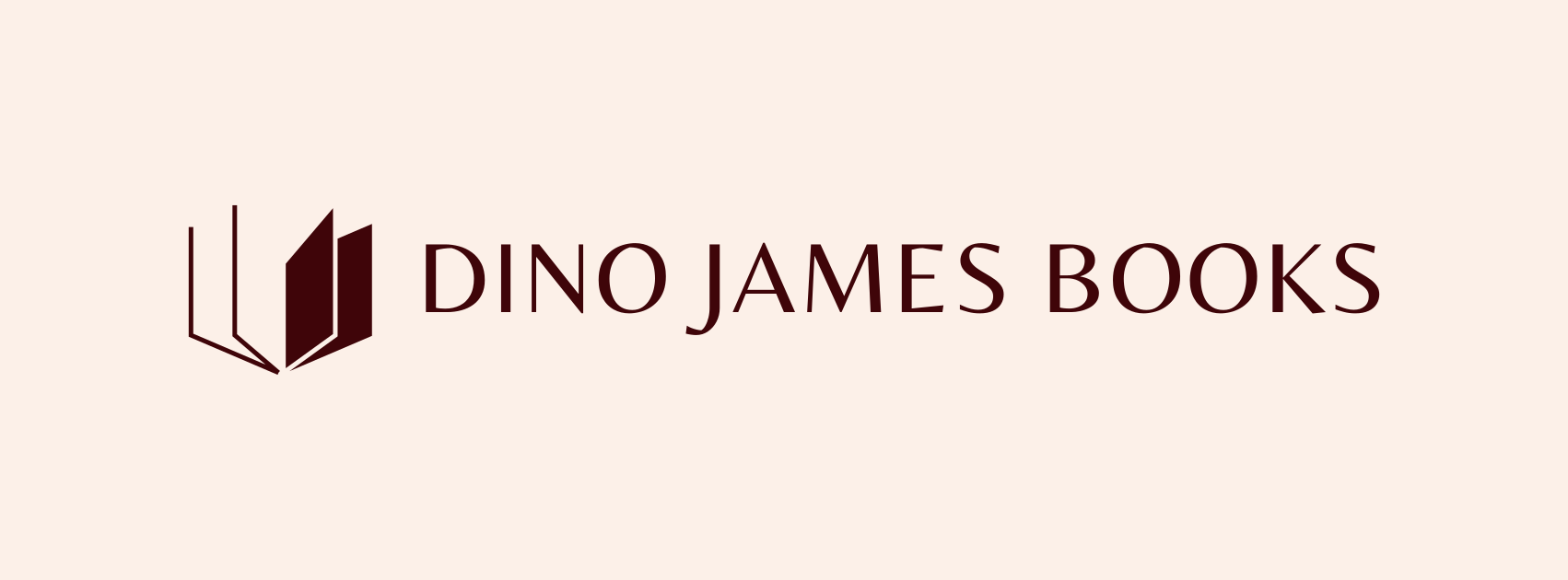When Mary Baker Eddy opened Science and Health with Key to the Scriptures with the words, “The time for thinkers has come,” she issued a timeless call—a call that resonates perhaps even more urgently today. In her era, the world grappled with the aftermath of war, scientific upheaval, and shifting religious thought. Now, in our own time of global conflict, political division, environmental crises, and widespread anxiety, we are once again called to think deeply, courageously, and spiritually.
But what does it mean to be a “thinker” in this context? Eddy was not referring to intellectualism or the mere accumulation of facts. Rather, she urged us to rise above surface-level beliefs, dogmas, and fears—to think spiritually, to discern truth beyond appearances. She wrote, “We must look deep into realism instead of accepting only the outward sense of things” (S&H, p. 129). This is the kind of thinking that ACIM also invites: to shift perception from fear to love, from illusion to truth, from separation to unity. As ACIM teaches, “The world you see is an illusion of a world. God did not create it, for what He creates must be eternal as Himself” (ACIM, T-4.I.11:6-7). True thinking is seeing with the eyes of Christ, beyond the veil of illusion.
In our world today, superficial reactions dominate the headlines: anger, blame, resentment, and fear. We see nations divided, people clinging to false identities, and an almost feverish resistance to change. The global issues—climate change, economic disparities, wars, pandemics—are complex and urgent. Yet, as Eddy taught, true healing does not come from reacting to symptoms, but from understanding cause: “The physical healing of Christian Science results now, as in Jesus’ time, from the operation of divine Principle, before which sin and disease lose their reality in human consciousness and disappear as naturally and as necessarily as darkness gives place to light and sin to reformation” (S&H, p. xi). ACIM echoes this by reminding us, “Seek not to change the world, but choose to change your mind about the world” (ACIM, T-21.In.1:7).
In other words, the world’s problems are not out there—they are reflections of our collective thought. And so, the time for thinkers has come again. Not thinkers who merely react or analyze from the ego, but those willing to question the very foundations of their perception, to challenge inherited beliefs, and to choose again: to see the world through the lens of love rather than fear.
What does this look like in practice? It means slowing down when anger rises. It means listening with an open heart to those with whom we disagree. It means recognizing that the “enemy” is not a person, a nation, or a political party, but the belief in separation itself. It means standing as a light in the darkness—not by force, but by quiet conviction and unwavering love. It means doing the hard work of forgiveness and releasing grievances, as ACIM teaches: “Forgiveness is the key to happiness” (ACIM, W-121.1:1).
This is not a passive stance; it is an active, courageous engagement with the world. As thinkers in the truest sense, we ask not, “What’s wrong out there?” but “What is the thought I am holding that keeps this in place?” We take responsibility for our own mind. We become witnesses for the truth.
The time for thinkers has come—again. The world is in desperate need of those who can see past appearances, who understand the deeper spiritual laws at work, and who are willing to be the presence of love, peace, and healing. Let us accept this call, not in arrogance, but in humility, knowing that we are all learning, all growing, and all capable of contributing to the collective shift from fear to love.
After all, as ACIM reminds us, “We are here only to be truly helpful” (ACIM, T-2.V.A.18:2). And that begins by thinking differently.
Would you like to engage in reflective dialog with other Course students? Join our Facebook Group: Awakening Minds: Reflections and Conversations Inspired by ACIM
https://www.facebook.com/groups/1364538348157987

